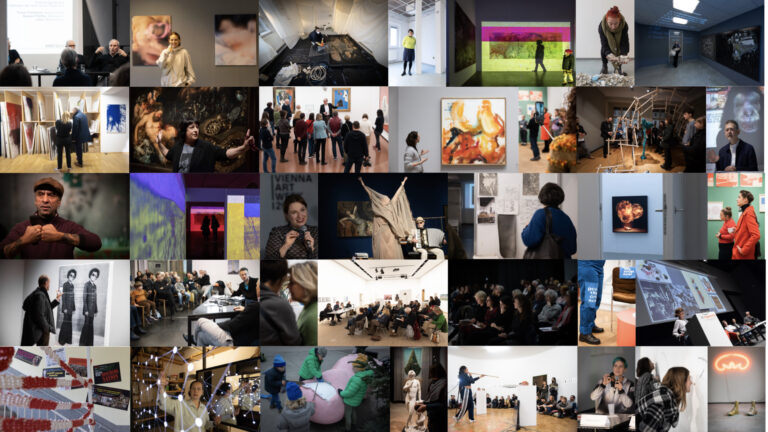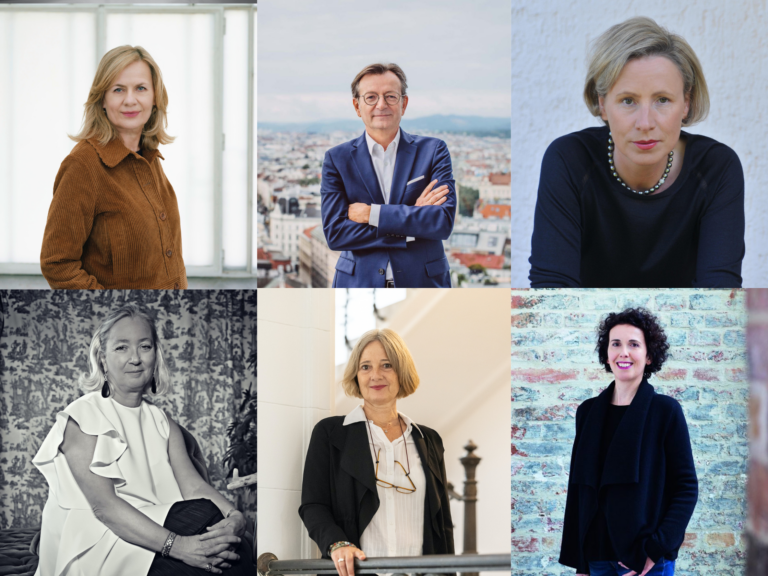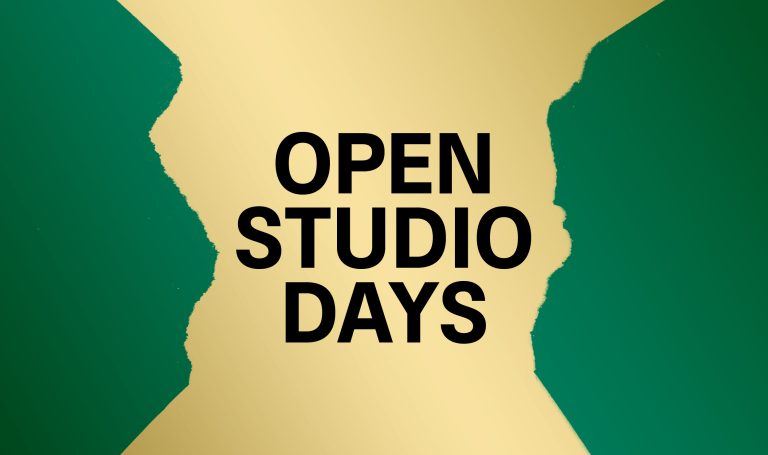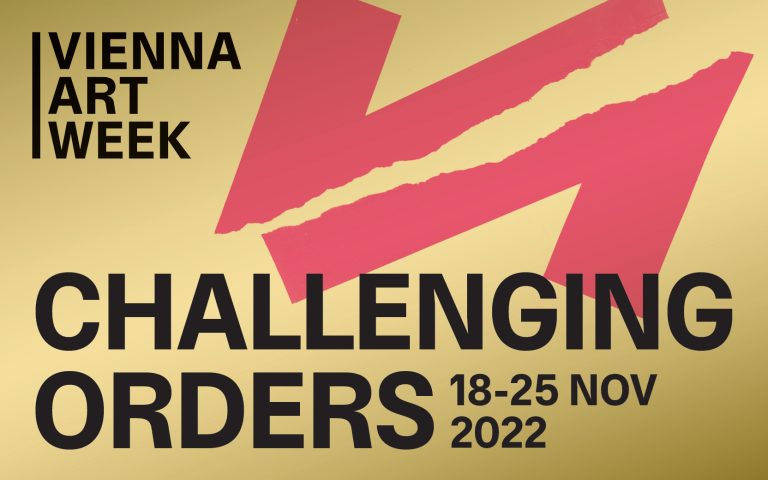What do our directors think about “Challenging Orders”? Part 2
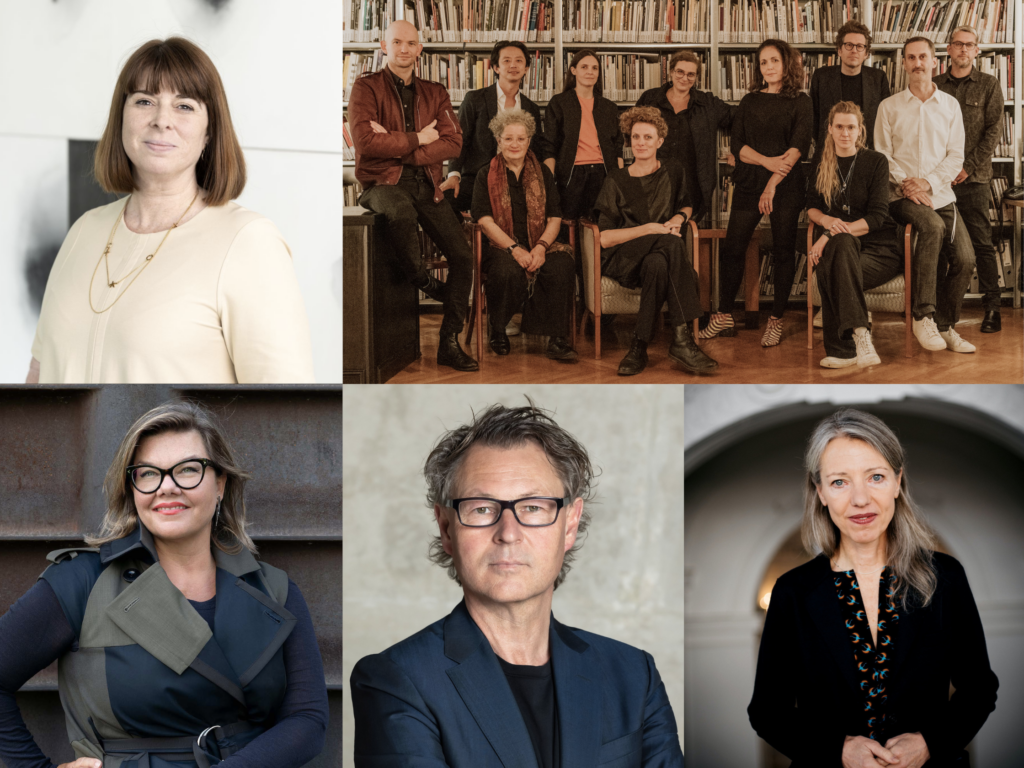
Behind the Vienna Art Week stands the supporting association “Art Cluster Vienna”. We asked our members how they see the role of their institutions in relation to “Challenging Orders”. Here are their answers…
Artistic Director STRABAG Kunstforum
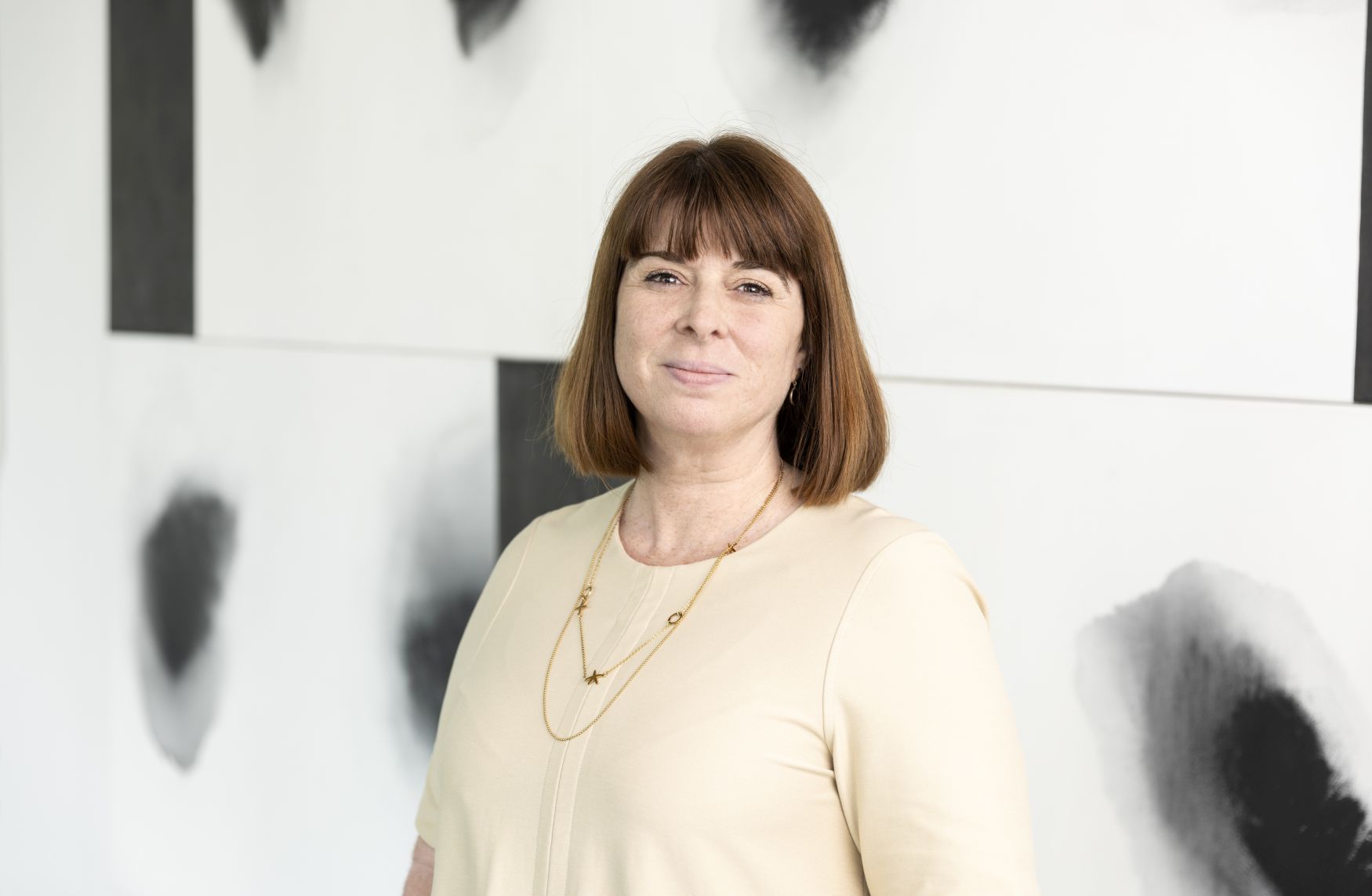
Tanja Skorepa, Artistic Director STRABAG Kunstforum, ©Eva Kelety
The challenges and demands on humanity that come with constant global change trigger uncertainties and fears, but at the same time show the urgency to rethink, transform and, above all, to “re-act”. Openness, diversity and flexibility are important coordinates in the attempt to break down existing structures.
With an internationally oriented view, the STRABAG Kunstforum offers artists precisely this “space” to express the present artistically and to enter into discourse with the public. The annual STRABAG Artaward International, with its participating countries and expert juries that change every three years, is subject to a continuous exploration of orders that is no less challenging. The basic framework remains the same: making visible, presenting, promoting, collecting, accompanying and networking young international positions.
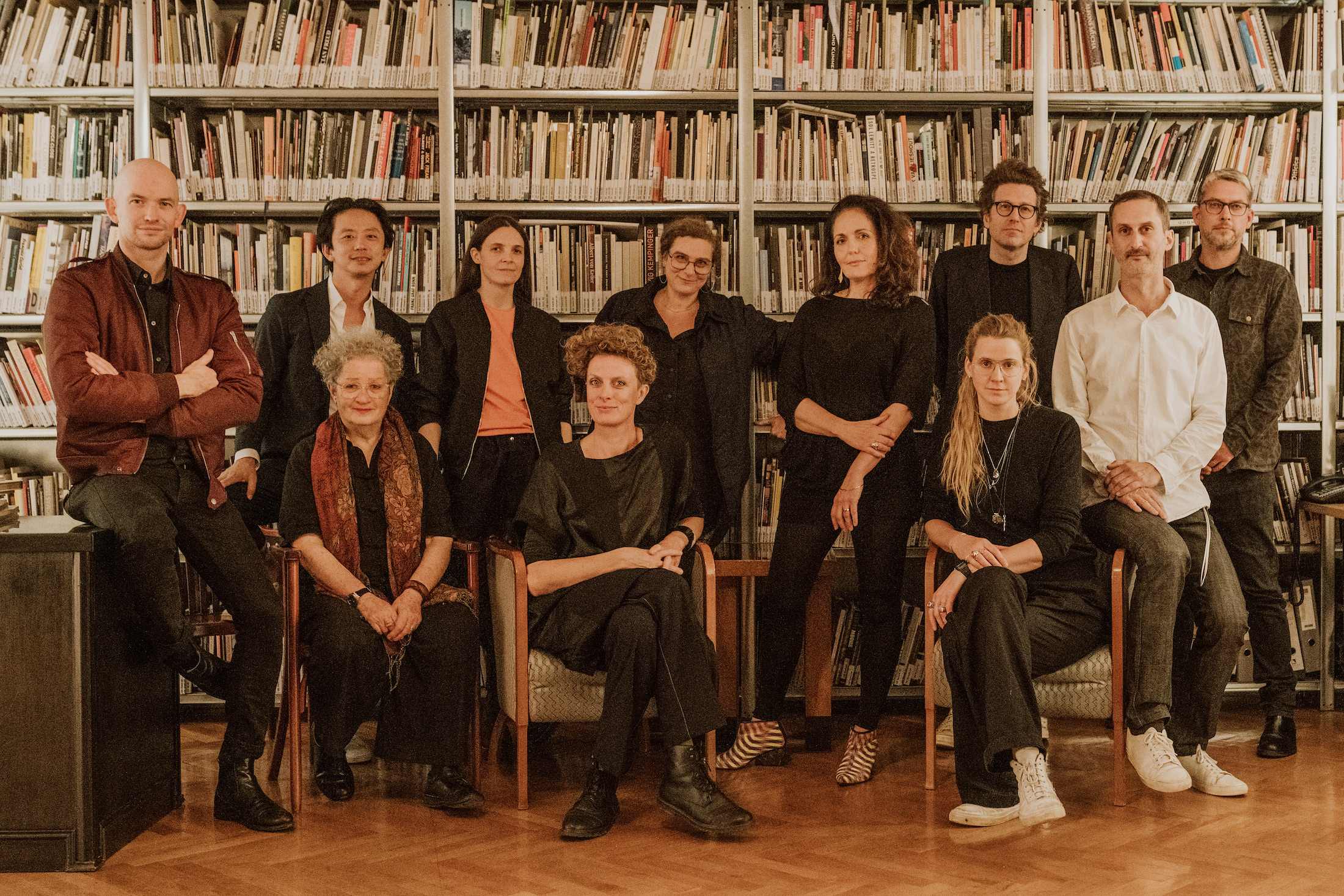
Foto: Natascha Unkart / belle & sass
“Challenging orders” as anti-racist, feminist protest.
In its international program, the Secession promotes contemporary artistic agendas, experiments and socio-critical discourses that deal with our time and its political significance. It is important to challenge orders and commands where they serve traditional stereotypes and thus reinforce existing power relations and to work on making our society more open and inclusive. We must not stop working for justice, for our own and the next generations.
In this sense, we understand “Challenging orders” as a call for anti-racist, feminist protest.
The Board of the Association of Visual Artists Vienna Secession
Ramesch Daha (president), Ricarda Denzer, Barbara Kapusta, Wilfried Kühn, Ulrike Müller, Nick Oberthaler, Michael Part, Lisl Ponger, Axel Stockburger, Sophie Thun, Anna Witt, Jun Yang
General Director of the Museum of Applied Arts (MAK)
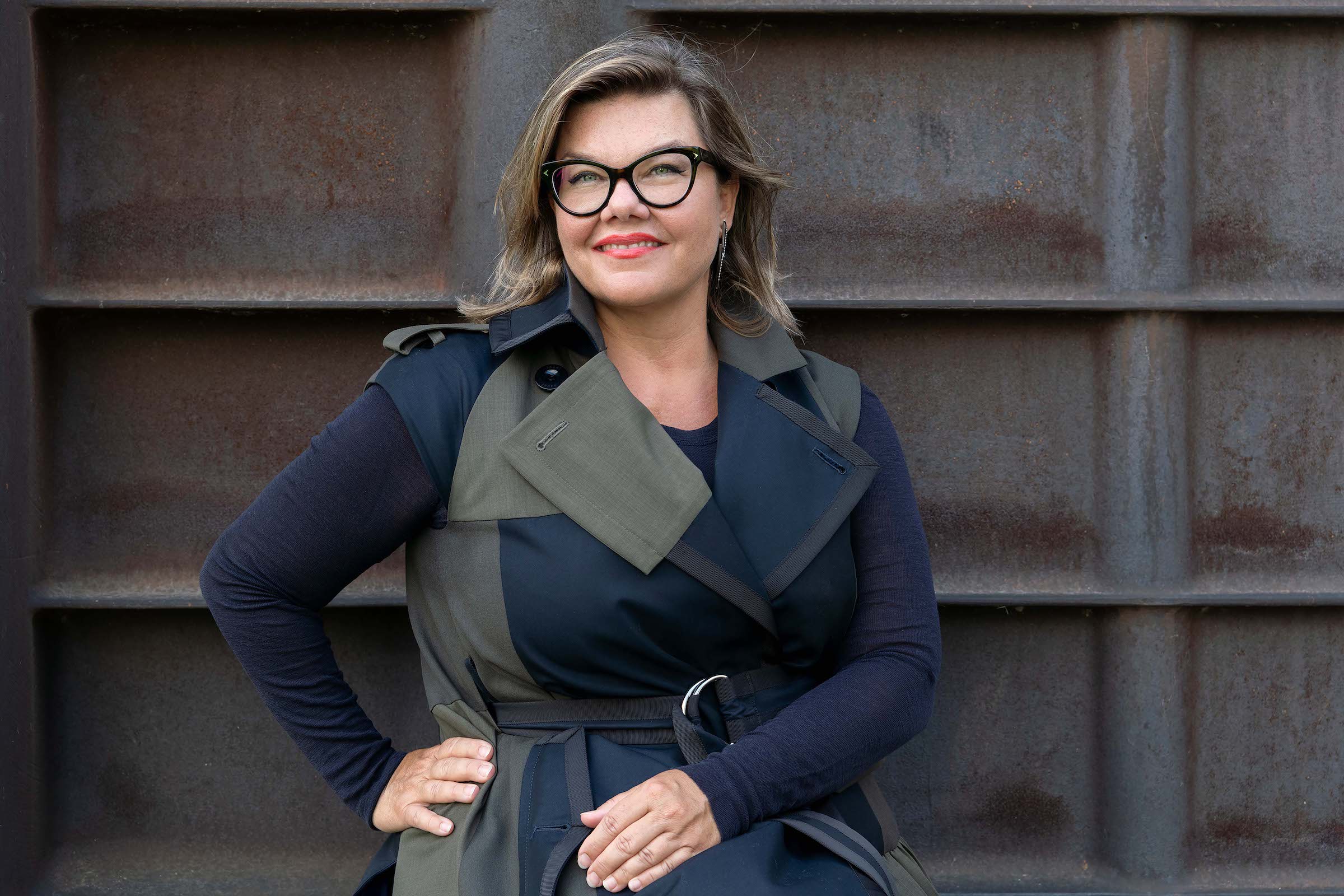
© Katharina Gossow/MAK
A new perspective requires not only different angles, but also new weightings and hierarchies. How one approaches a collection, such as that of the MAK, is “challenging orders” in the active and passive sense, once emphasis on “challenging”, once on “orders”. What was important yesterday often has little meaning today, what was underestimated is recognized as forward thinking. Reacting to changing situations is also an important role of art and design, artistic strategies often anticipate political and social changes. In any case: challenge accepted!
Director Leopold Museum
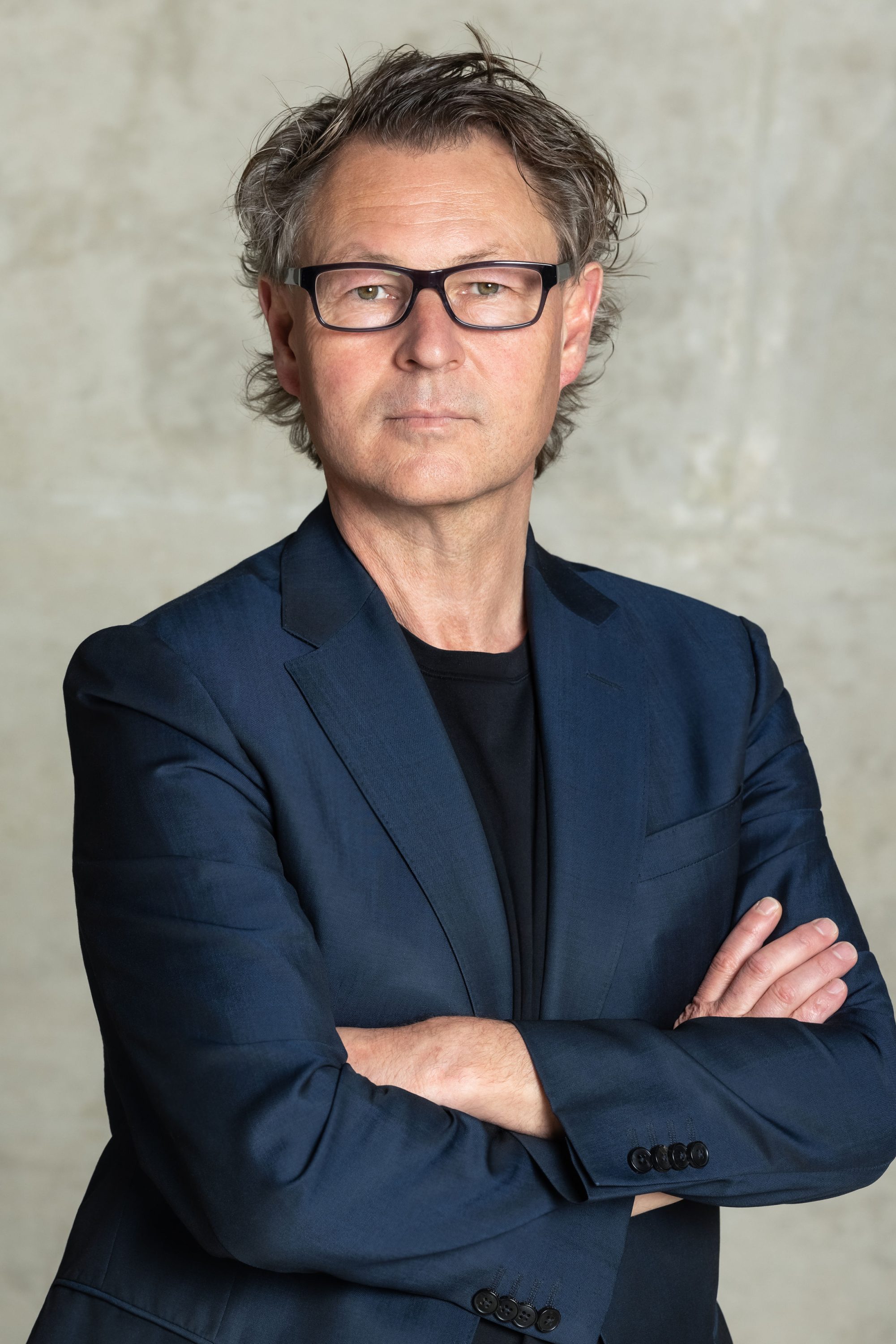
© Ouriel Morgensztern
What seems binding, standardized and irrevocable to us today may already be obsolete tomorrow or be classified as backward-looking. We are constantly experiencing this in our society, which is characterized by democratic values but also by constant change.
The art presented in our museums and art halls is often a mirror of social developments, often progressive, sometimes revolutionary and sometimes even visionary.
In recent decades, questioning, criticizing and analyzing hierarchies, the unequal treatment of the sexes or of individual social groups has become increasingly urgent.
Change is a necessity if only for reasons of altered realities of life, and the motto “Challenging Orders” of the Vienna Art Week thus has its finger on the pulse of the times.
Director Belvedere
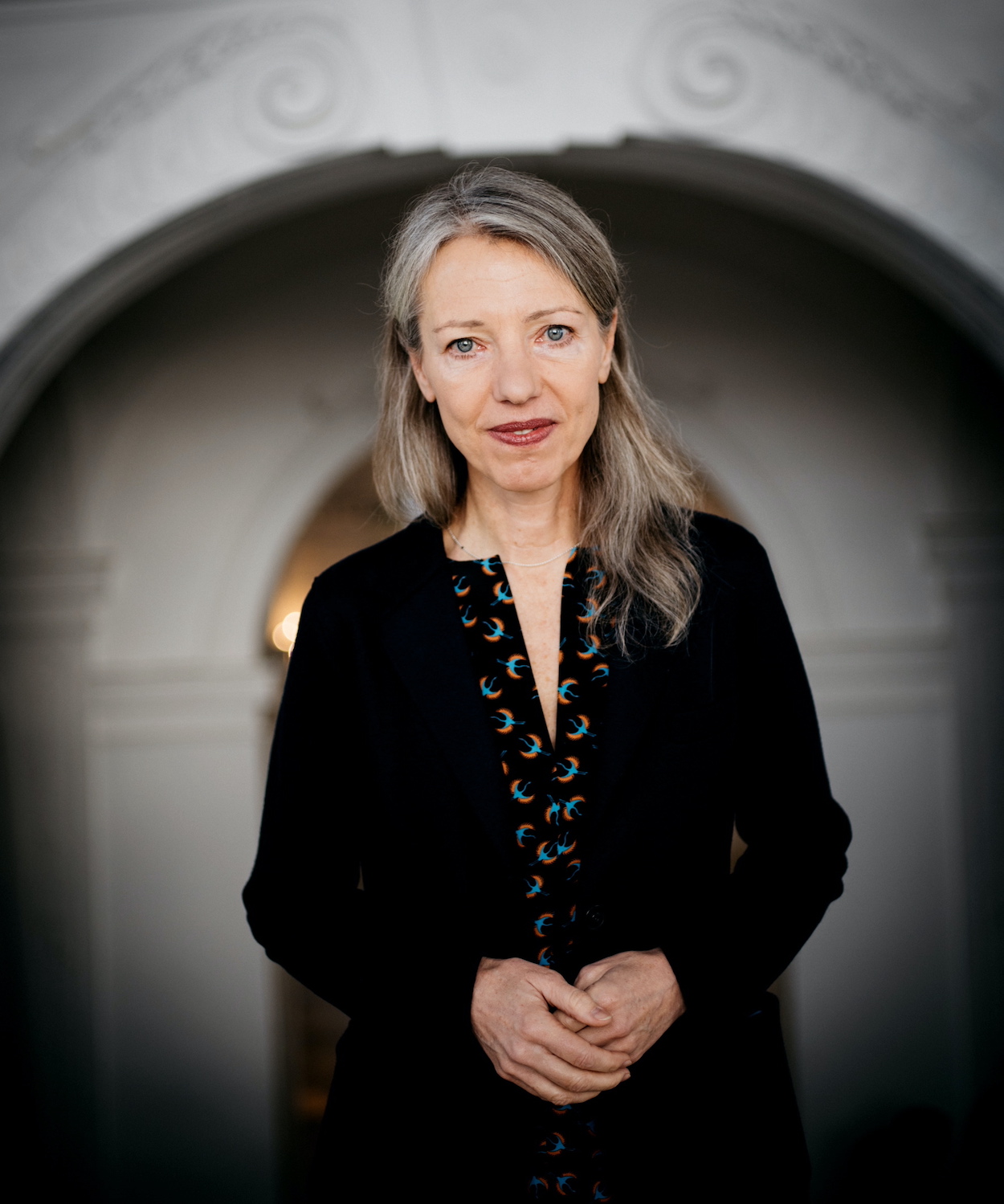
Stella Rollig, Director Belvedere
Artists have always been very good at subverting, undermining and reformatting existing relationships, orders and power structures. In doing so, they challenge society and shake institutional pillars. This is uncomfortable and at times causes horror or pain. Nevertheless, it is necessary and rewarding for society and – in our case – for museums to confront and openly negotiate these processes. In the end, everyone involved wins – at least new, fresh perspectives!
